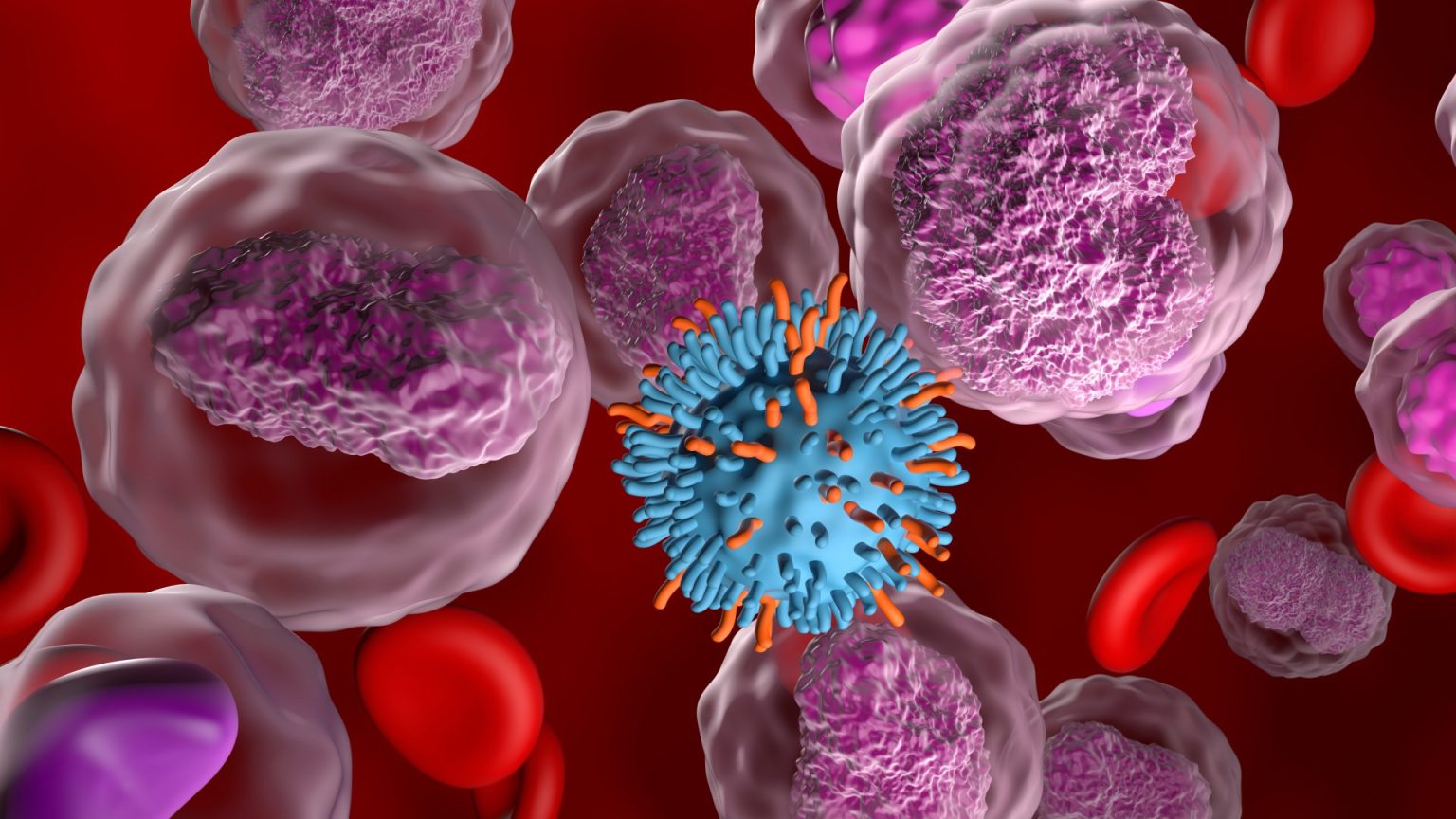The World Health Organization reports that by 2023, breast cancer cases in the UK are nearly double what they were in the 1970s, reaching 607 cases per 100,000 people per year, compared to 413 cases in the 1970s. This growth in cancer cases has not only increased mortality but also doubled survival rates over the same period. Cancer has become more frequent as people live longer, with increasing risk tied to age. While this report highlights progress, there is still work to be done.
Significant advancements in modern treatments, including hormone therapy, are contributing to a dramatic reduction in cancer mortality. The UK’s Cancer Research UK has revealed that the death rate from cancer has nearly halved, dropping from 328 to 252 cases per 100,000 people per year. The proportion of patients surviving 10 years or more has doubled, underscoring the hope that cancer may one day be less deadly. However, the report also points out that thousands of cases are diagnosed at an advanced stage, potentially missing opportunities to find cures early.
“It’s fantastic to see that thanks to research, cancer death rates have drastically reduced over the last 50 years, and survival has doubled.” – Mariele Mitchell, Chief of Cancer Research UK
To address these challenges, improving accuracy in early diagnosis and adopting a more holistic approach to cancer care are critical. Researchers and healthcare providers must ensure that cancer is diagnosed at an earlier stage, preferably when the disease is prevented rather than cured. This has been a long underestimate for many patients, with women and younger individuals often being left with incurable cancers later in their lives.
“Cancers that cause widespread damage, such as lung and bowel cancers, are often not diagnosed until later in life. “Understanding the signs that cancer is occurring and taking steps to address it early could lead to partial or complete remission, but this does not necessarily guarantee complete cure.”
“Cancer ‘remission’ refers to showing no signs of cancer in the body, either through diagnosis or through treatment. This is often referred to as a ‘cancer cure’ but is ultimately undeniably harmful as it leaves the patientcfg of the disease despite the treatments used to manage it._protecting early diagnosis, particularly for cancers like lung and bowel, reduced the likelihood of addressing these late-stage cases, which can have long and serious consequences.
The principles of a ‘National Cancer Plan’ prioritized improving the accuracy of diagnosis and implementing targeted strategies to address the root cause of cancer, whether it’s lifestyle factors, genetics, or environmental exposures. Achieving partial or complete remission in as many cases as possible is key to delivering better outcomes for patients and ensuring that cancer remains a treatable disease.”











